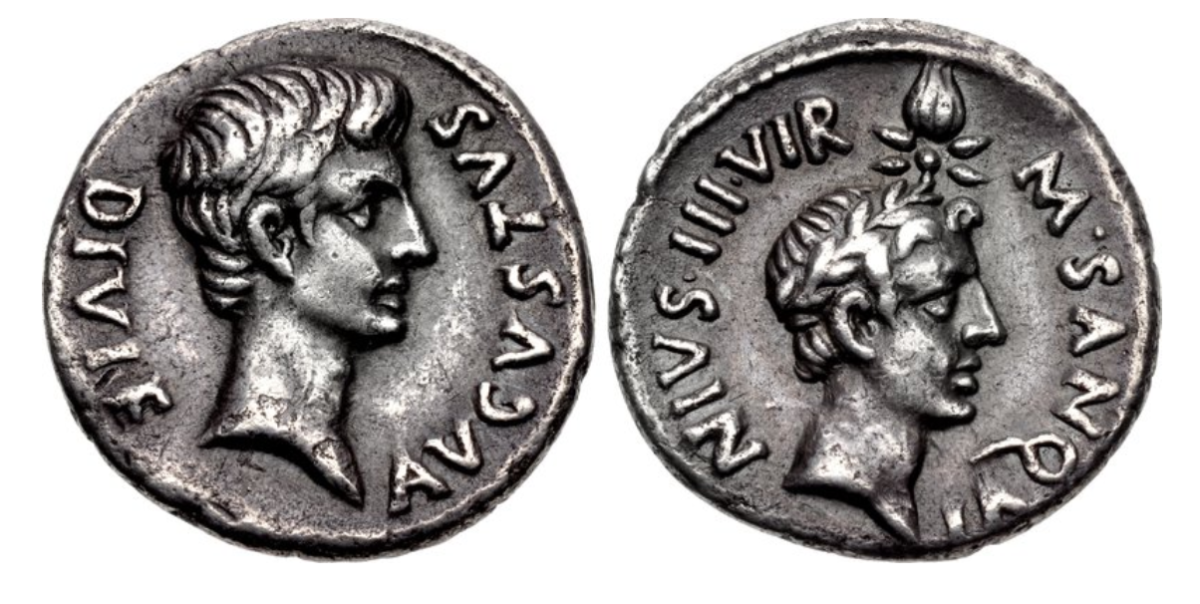We all know that Caesar and Augustus were the first dictators of Rome. However, why was Caesar stabbed to death in the senate, while Augustus survived to a ripe old age of 70? In this article, I will explore why.
Caesar and Augustus were similar in many ways: both broke norms of the Roman Republic, and both were very popular with the Roman people. This effectively made them members of the “populares”, who were the politicians supported by the people. The opposing group was the “optimates”, who represented the aristocracy. However, there was one fundamental difference between the two groups.
. Caesar was way too rash. He crossed the Rubicon to bring an army into Rome, which is something that got him in trouble with a lot of people. He was essentially declaring war, which stirred up disapproval and attention to his actions. Caesar got himself into further trouble by ignoring all past precedents and declaring himself dictator. This, to anyone, was an obvious indication that he wanted absolute power. It was a threat to the long-standing system, which made it easy for people to notice that Caesar wanted to dissolve the republic and make himself more powerful. In the end, they gave him the senate treatment, if you know what I mean.
Augustus learned from his adoptive father, Caesar. He didn’t just proclaim himself emperor and uproot the republic. Instead, he created a facade of restoring the republic. First, he declared himself “first citizen”, or princeps. This made it seem like he was one of the many other Roman citizens and not some special person who was destined to be at the top. Augustus adhered to the cursus honorum, which set the prerequisites for running for office, progressing through the ranks, and eventually running for consul and leading the Roman state. This way, it seemed like he was adhering to the rules in the republic. Furthermore, by giving power back to the Senate and restoring the power of the tribunate (though he appointed himself tribune), he restored a rump republic and made it seem even more like he was doing good for the people. The final seal on his image was the book he wrote before his death, the Res Gestae Divi Augusti, which essentially glazed him for all the cool stuff he did, like restoring temples and supporting public works. Most notably, Augustus said on his deathbed, “I found Rome a city of bricks; I leave her clothed in marble.” Peace and stability made Augustus popular among the people, which protected him and prevented him from meeting the same fate as Caesar.

















![Teacher [Milk] Tea: Part 2](https://bisvquill.com/wp-content/uploads/2024/03/Screen-Shot-2024-03-19-at-9.28.48-PM.png)



































